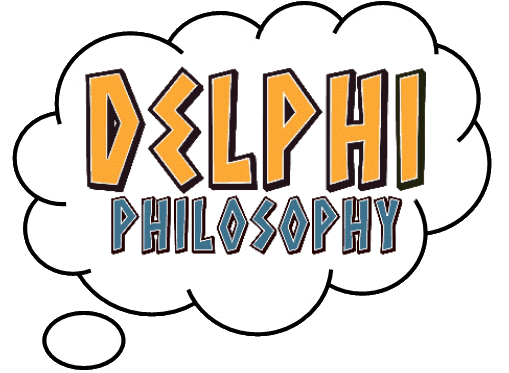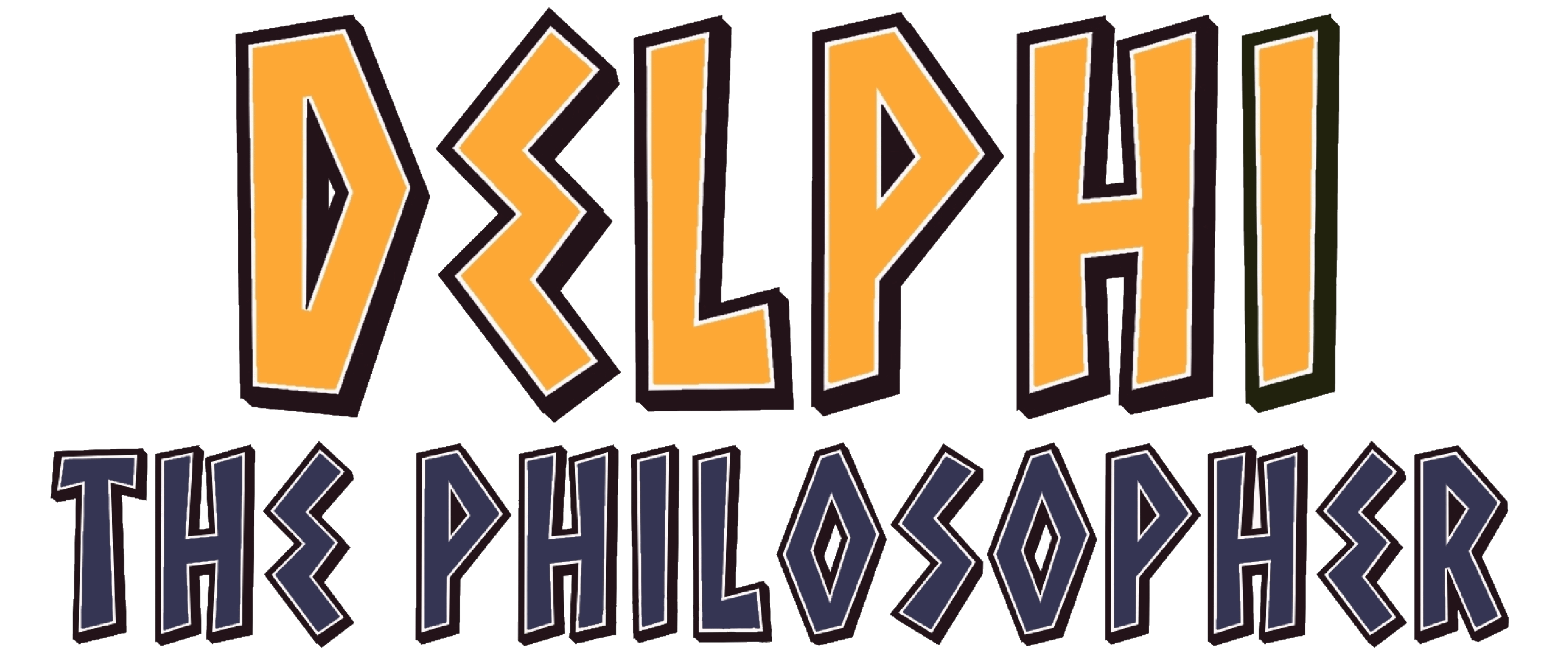Delphi thought this was probably wasn’t a very good prayer, so she tried singing a hymn but gave up on the second verse because she couldn’t remember the words.
“I hope that’s OK. Um… Thank you.” Still keeping her gaze on the floor, she slowly backed away and turned to leave.
“Why? I haven’t done anything!”
Delphi froze. The voice had sounded like two marble blocks being rubbed together and yet somehow also sounded light and cheerful. And it had come from right behind her.
The festival of the wine god Dionysus is in full swing and Delphi has to bring an offering to the statue of the god himself. She doesn't have much to offer, however the wine god is much more thankful to her than she expected. But is his blessing a wish - or a curse?
Big Questions:
-
What would you do with all the money you wanted?
-
What would be the best wish?
-
What things can't money buy?
Skills focus:
-
Summarising an idea
-
Using logic to find problems with an idea
-
Changing my mind to improve an idea
Teach this lesson!
Register for free and download the lesson plan, slideshow and resources to teach this enquiry yourself.
Lesson Overview
This lesson explores ‘what if’ scenarios, with a focus on the ability to change your mind and update your ideas because of objections. This helps children recognise the collaborative element of doing philosophy – that ideas improve when people object and revise an idea together. This also helps children develop their logical thinking. The story focuses on the question of whether wealth will lead to happiness or becoming a good person, and is a retelling of the famous Midas myth.





